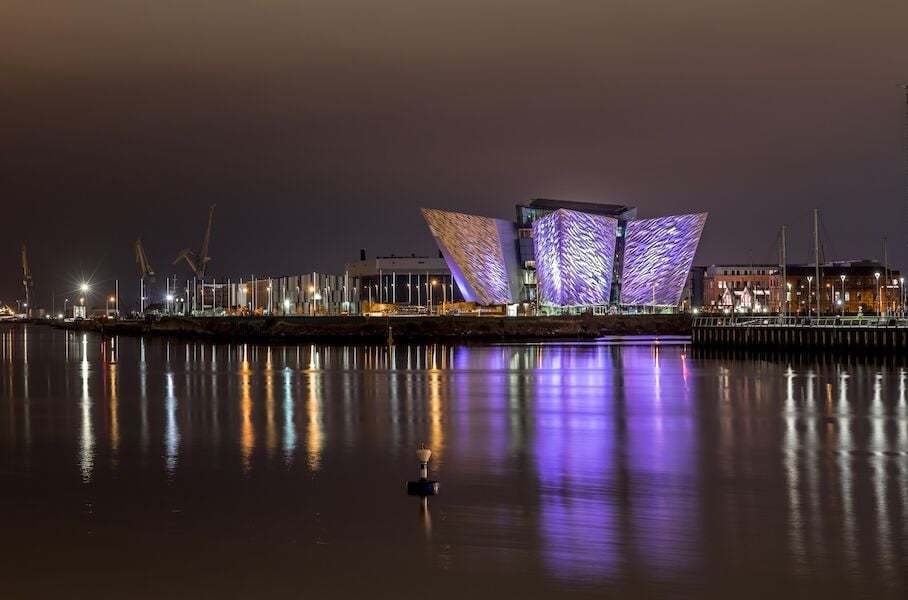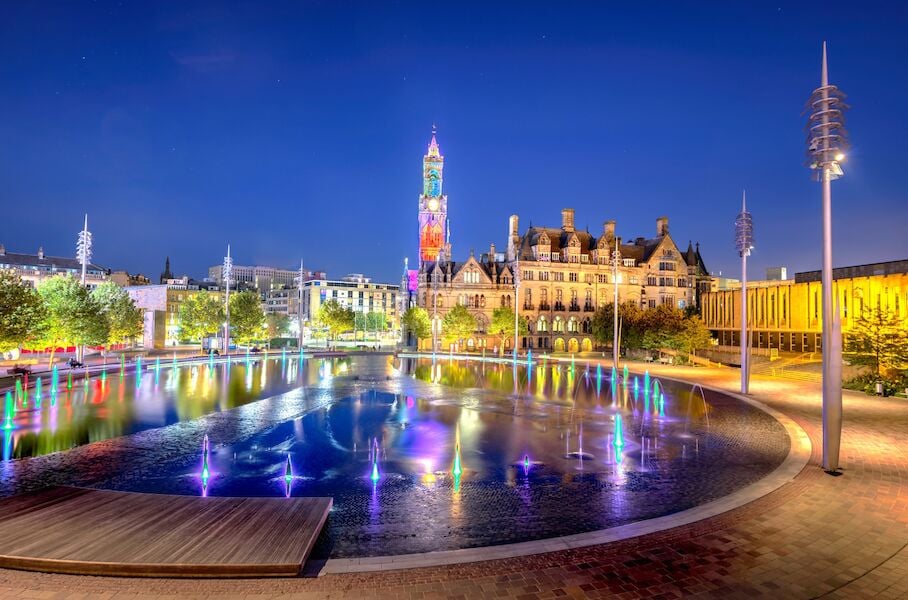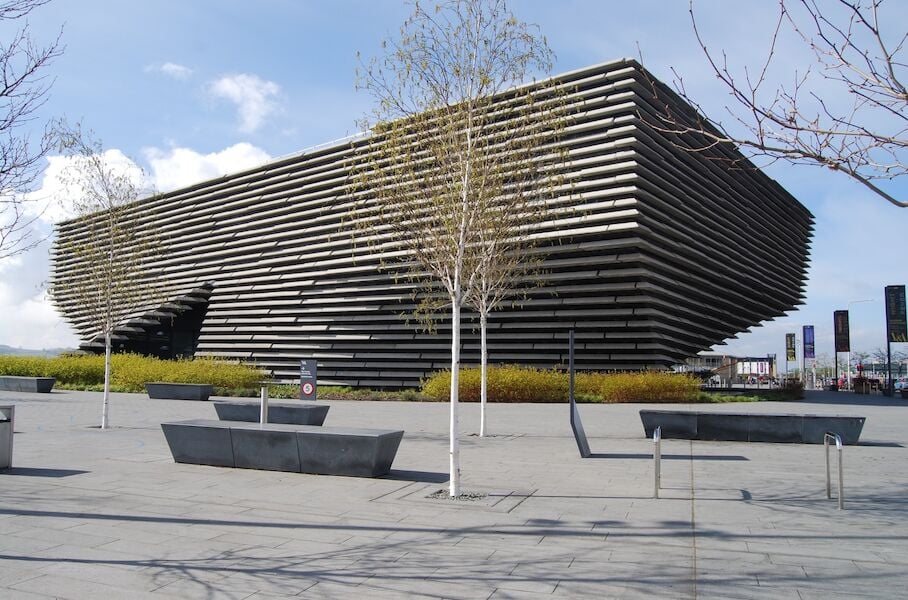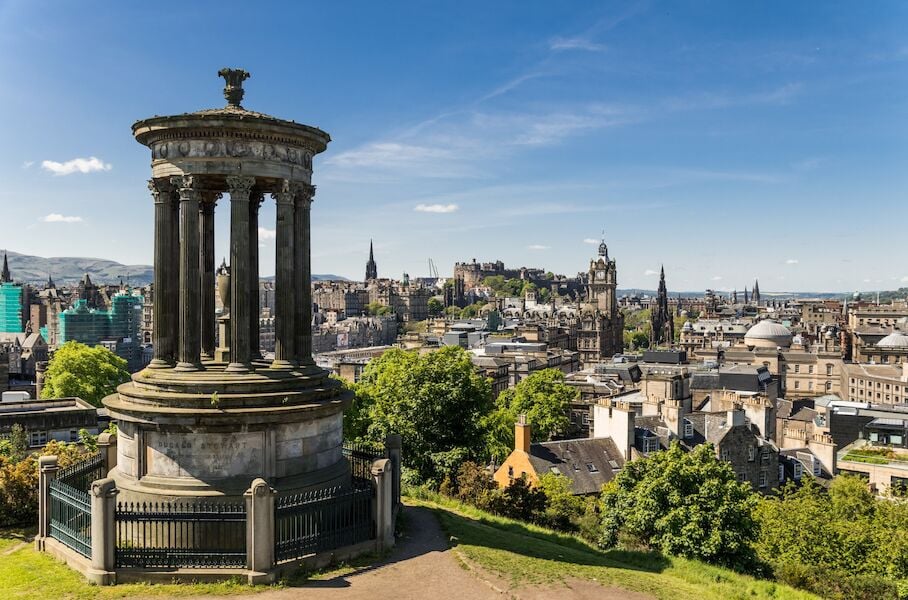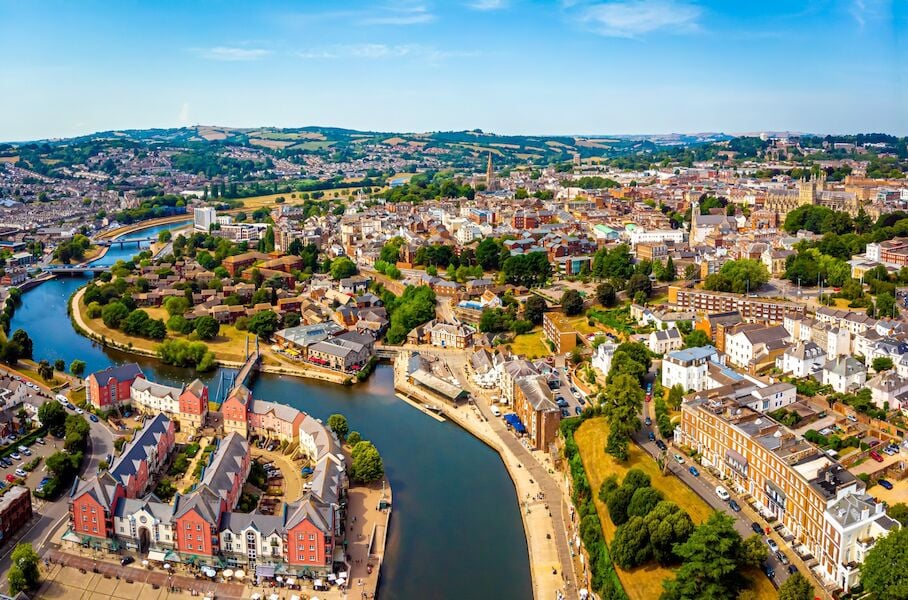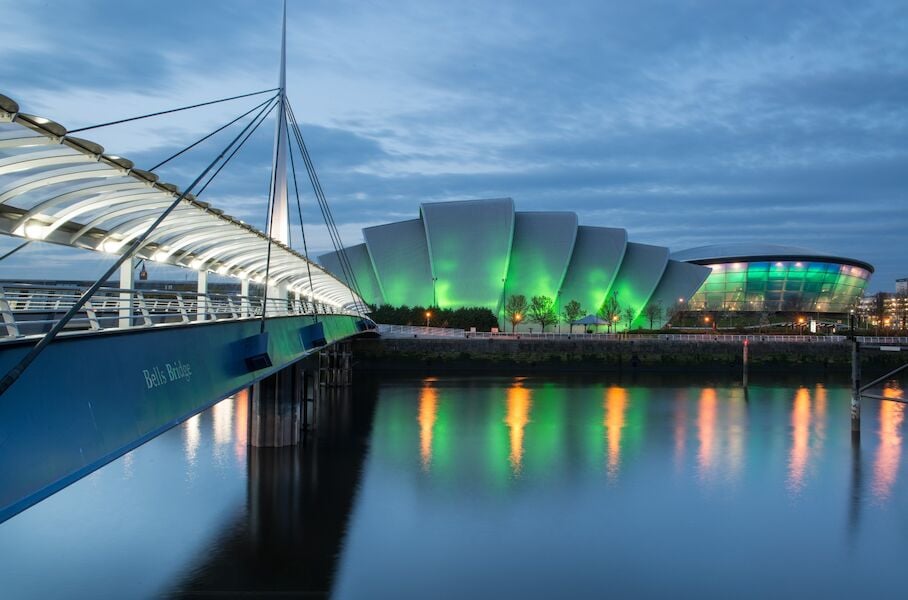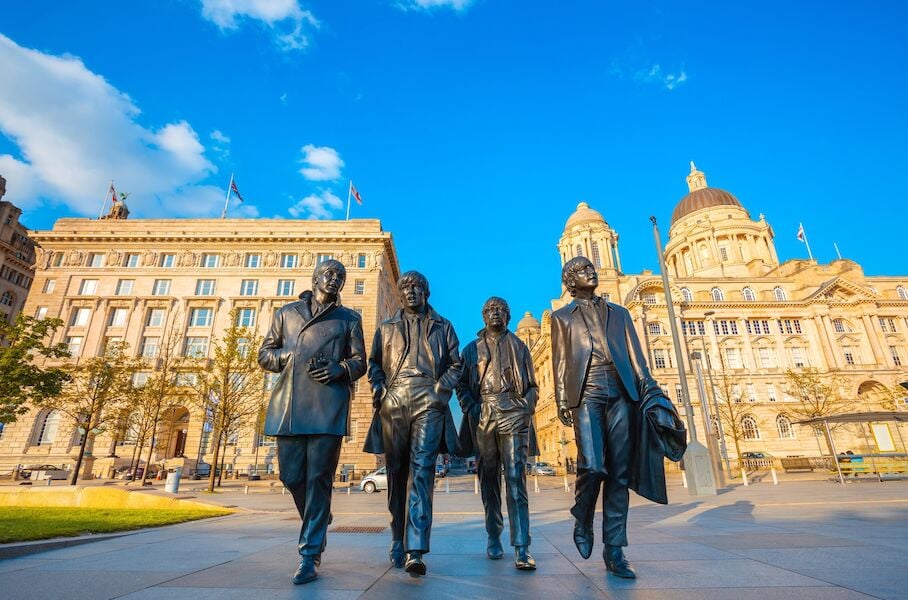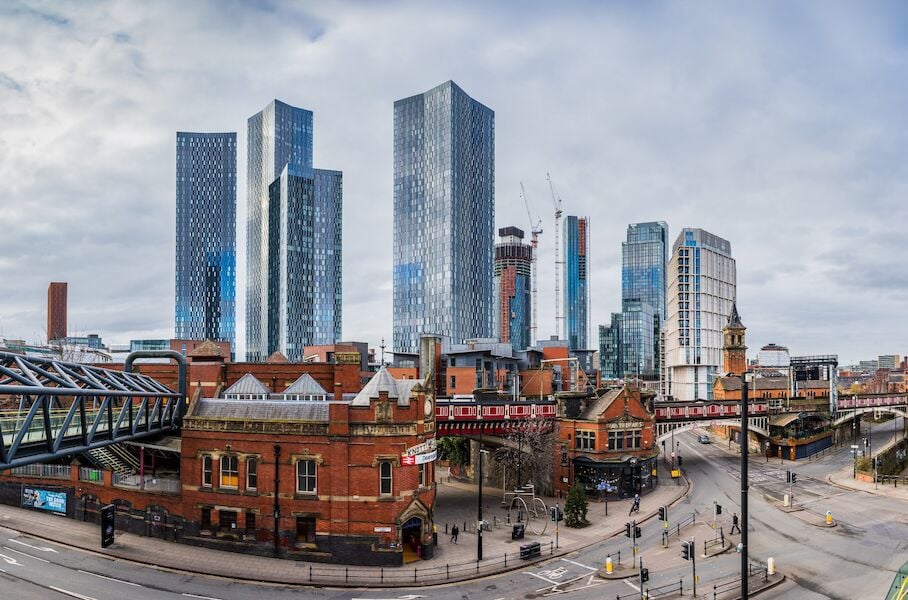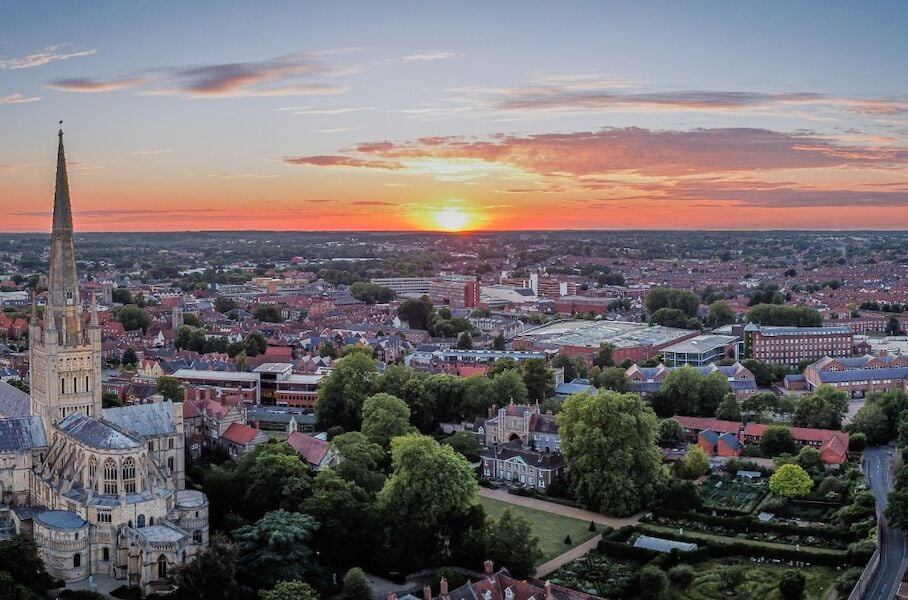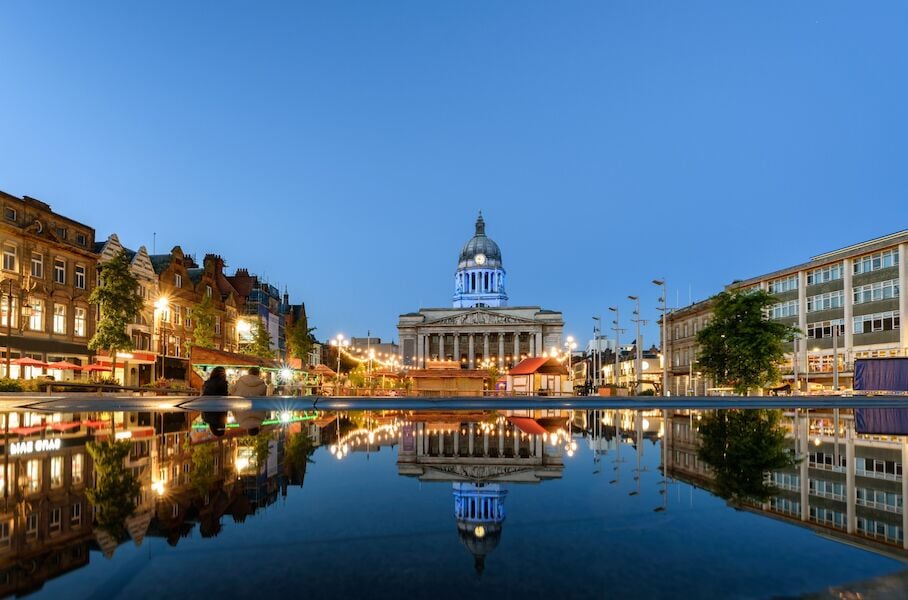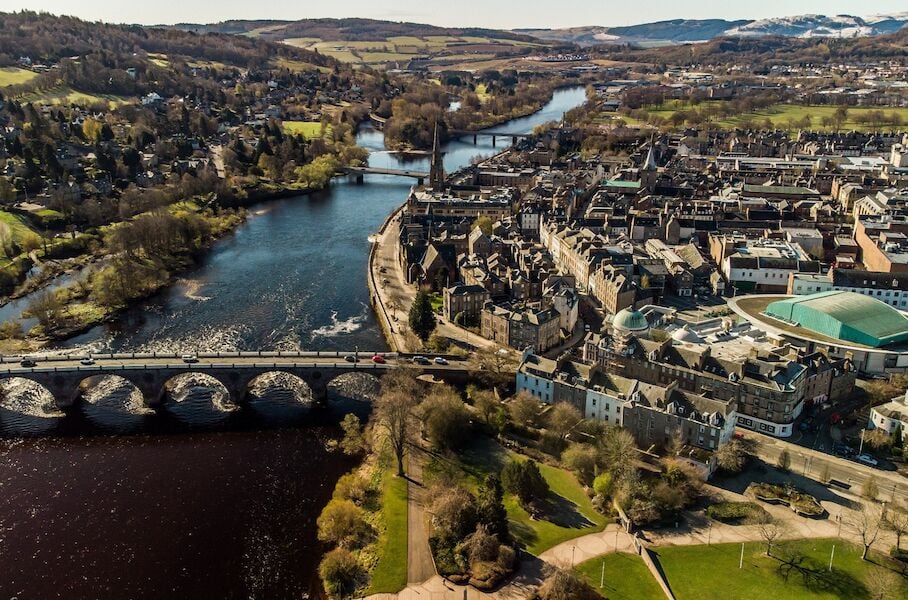UNESCO Creative Cities in the UK
UNESCO Creative Cities work towards the mission of placing creativity and cultural industries at the core of their urban development to make their cities safe, resilient, inclusive and sustainable.
The UK’s Creative Cities form part of a global UNESCO Creative Cities Network (UCCN) first established in 2004, that includes more than 350 cities spanning over 100 countries.
The 13 UNESCO Creative Cities in the UK have placed imagination and creative talent at the heart of their strategy for local economic and social development. Each city is accredited in one of seven creative fields: Crafts & Folk Art, Design, Film, Gastronomy, Literature, Media Arts, or Music.
Cities of Craft and Folk Art are places where creativity has had a central role in the history and development of the area. Cities of Craft and Folk Art support traditional makers as well as paving the way for entrepreneurs and artisans through training programmes and designated support systems.
Cities of Design use innovation and creativity to drive research and tackle issues such as unemployment and health problems. They create and endorse collaborations between citizens, scientists, designers and artists to solve social and economic problems together.
Cities of Film testify to rich and diverse local film and TV production communities. From fostering new talent and creating new studio space, to encouraging international collaborations and celebrating the moving image at film festivals, these cities strive to encourage learning about, and with, film.
Cities of Literature are all about the written and spoken word. They champion the magic of words by inspiring people to tell, share, and enjoy stories. From literary festivals, libraries and writers’ hubs to author readings and book clubs, these cities use the power of literature to foster communities’ better understanding, well-being and learning.
Cities of Media Arts combine new media and cutting-edge technologies with culture and the arts to drive societal, economic and individual well-being. Digital storytelling, innovative museum interpretations, immersive digital playgrounds and interactive technologies unlock creative potential, build connections, promote education, and foster diversity and inclusivity.
Cities of Music share a rich and diverse music history. Concert halls, open mics, music clubs, festivals, societies and associations are just a few examples of how these cities foster and engage their communities through music. They also promote exceptional and original musical talent, connect local artists with the music industry, build sector collaborations and drive music policies.

